A Dundee doctor has been allowed to continue in the profession after failures in the care of a patient who died from an overdose.
Dr Vanaja Puli was found to have committed “serious failings” in treatment during the incident in December 2019 at mental health facility Carseview.
She failed to ensure the person who died, referred to as Patient A, was given regular checks after the morphine overdose and failed to make sure they were taken to A&E.
However, a ruling by the Medical Practitioners Tribunal Service (MPTS) said there was “significant mitigation” and that the medic had shown “genuine remorse” as well as apologising to the family during the hearing.
The watchdog did however suspend the doctor for three months “to maintain public confidence in the profession”.
‘High level of insight’ into incident
The tribunal accepted that the incident was a “one-off” and that only the minimum suspension period was required.
In a ruling published online, the MPTS, which decides if a doctor’s fitness to practise medicine is impaired, said: “The tribunal found that Dr Puli had already developed a high level of insight into her misconduct.
“She accepted the factual findings of the tribunal, and has reflected at length about what went wrong, and how she will act differently in future.
“Dr Puli has also taken significant and effective steps to remediate her misconduct, persuading the tribunal at the impairment stage that it is now highly unlikely to be repeated. The tribunal found this to be important mitigation.”
What happened?
The patient had a history of mental health difficulties and had been diagnosed with Emotionally Unstable Personality Disorder (EUPD).
On December 7, 2019, Patient A was admitted to Carseview on a voluntary basis, having threatened to end their own life.
The patient then told a nurse at around 8.30pm they had taken a significcant number of morphine sulphate tablets and was subsequently monitored every 15 minutes for the following three hours.
They refused to be transferred to the emergency department and, following a review, Dr Puli said they should be monitored hourly.
However, the patient was found unconscious and not breathing at 8.40am the next day.
The death of Patient A was then confirmed after a failed attempt at resuscitation.
The allegations against Dr Puli
The tribunal found three key allegations proven:
- That the doctor did not properly take into account the risks of an overdose of long-acting morphine
- That she did not ensure regular checks were made to see if Patient A was alert
- That she did not ensure Patient A attended at A&E.
NHS Tayside previously said Dr Puli has not worked as a locum speciality training doctor at NHS Tayside since 2019 and that it has apologised to the family of the patient.
It also said a review of the incident has led to improvements in clinical practice.
Mitigating circumstances results in leniency
The tribunal also said an important factor in its decision was that the medical team at Carseview was dealing with many other suicidal patients at the same time, placing significant pressure on Dr Puli.
It added: “The tribunal bore in mind the context of the events involving patient A.
“It was apparent from the documentary evidence before the tribunal that the incident took place on a night shift when the ward was experiencing a very high level of complex clinical activity, including other patients who had attempted suicide.
“Dr Puli was the senior doctor on that shift. The Tribunal found that this was important background information, which assisted it in understanding Dr Puli’s misconduct at the relevant time.”
A number of positive references were also provided by those she worked alongside her in the decade leading up the Carseview death.
These described her as “hardworking”, “knowledgeable”, “committed”, “professional”, “reliable”, and “a safe pair of hands”.
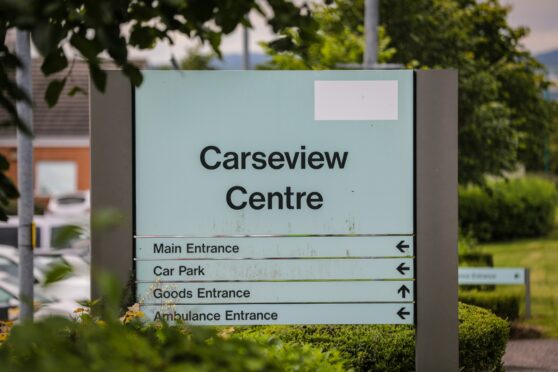
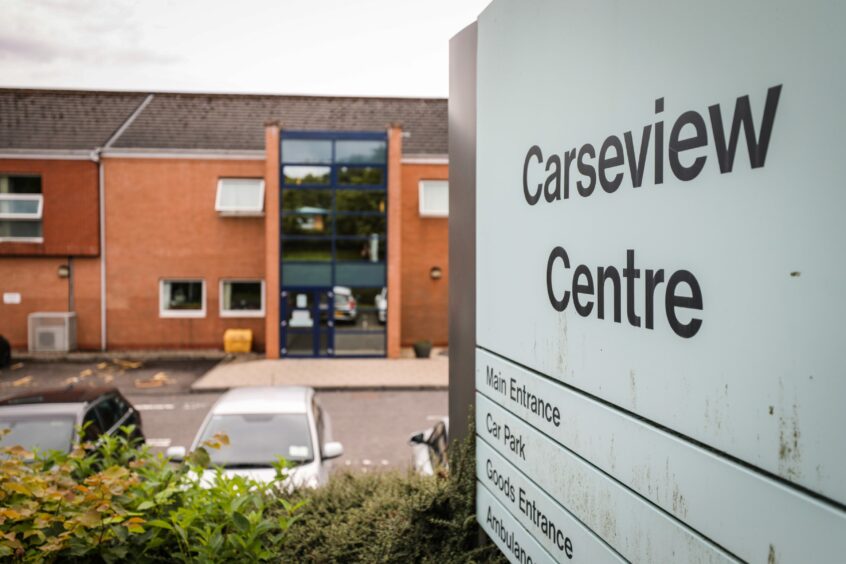


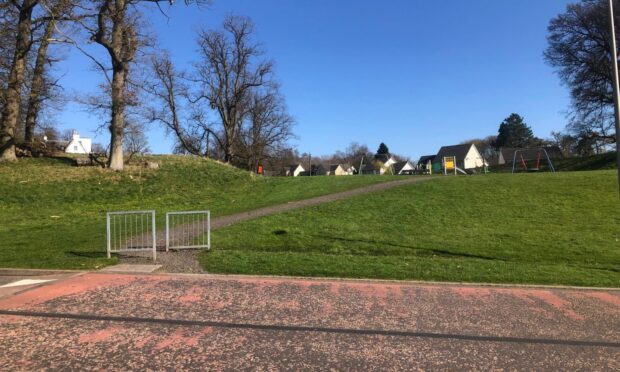


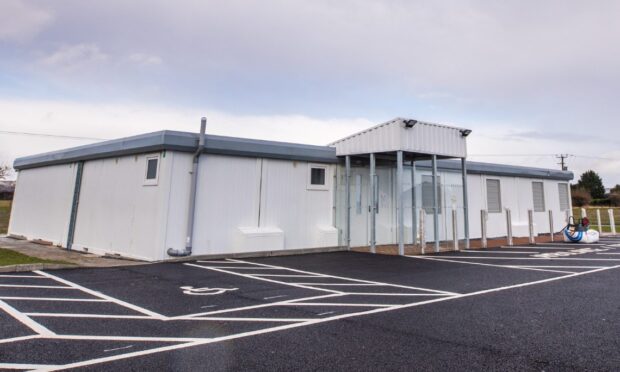
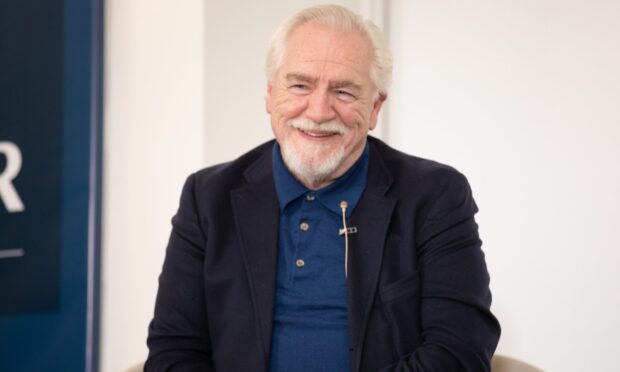
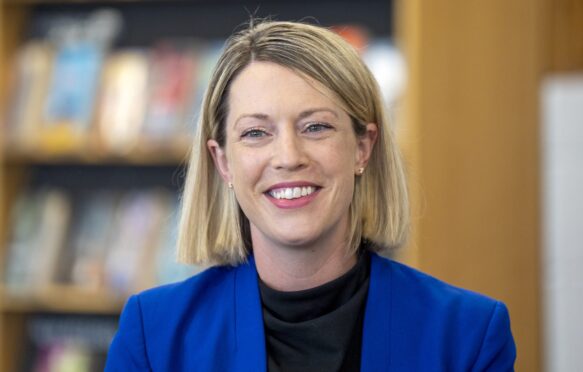



Conversation